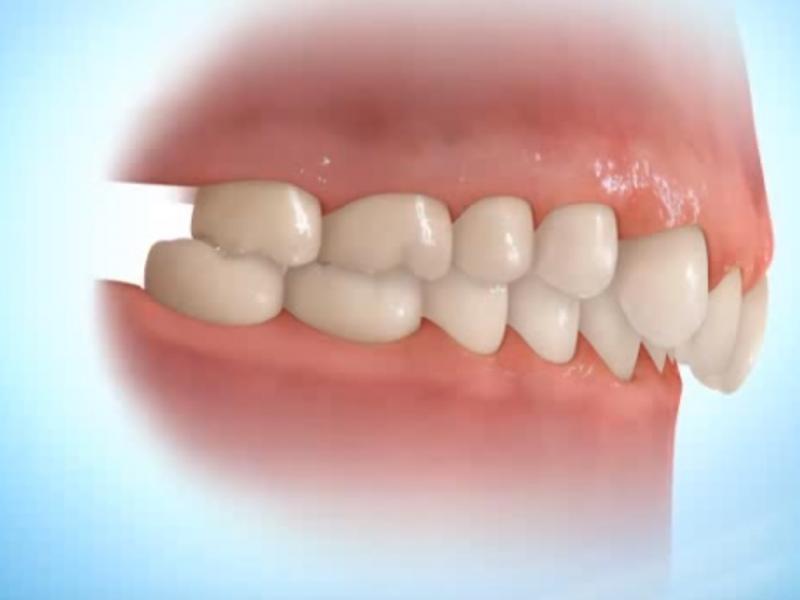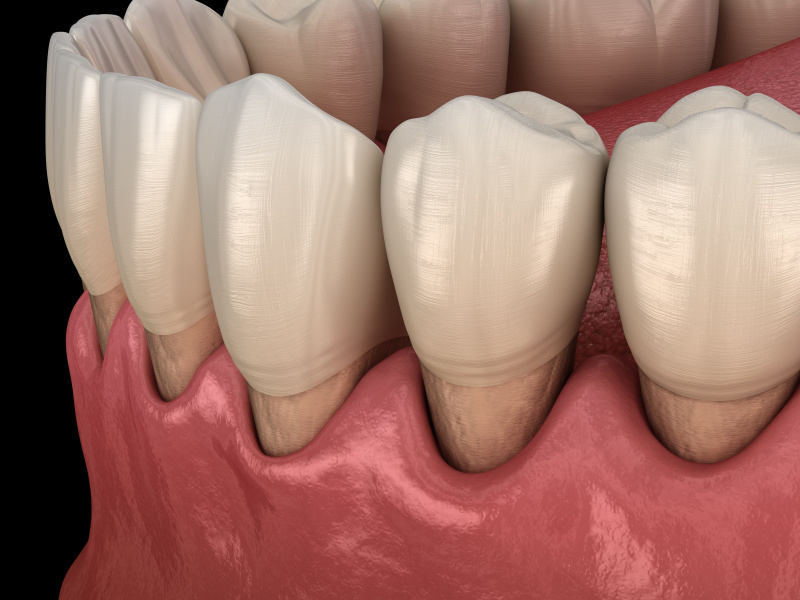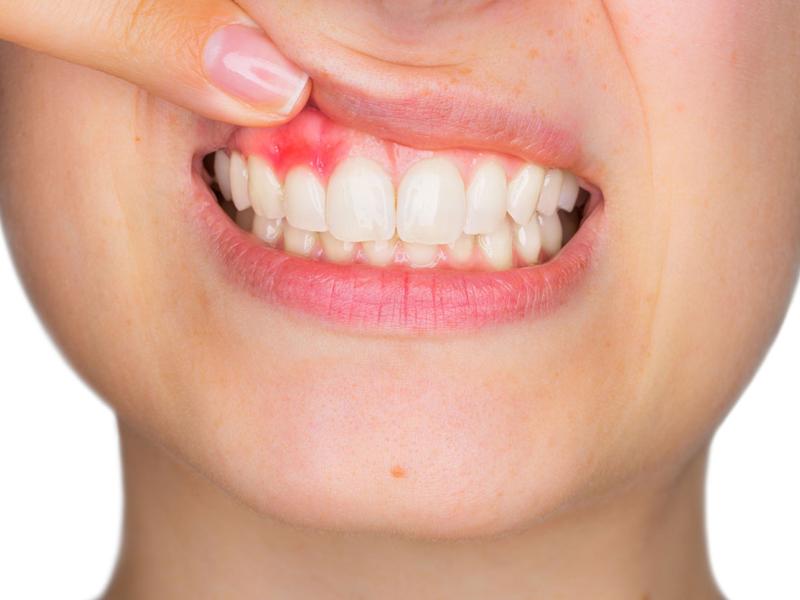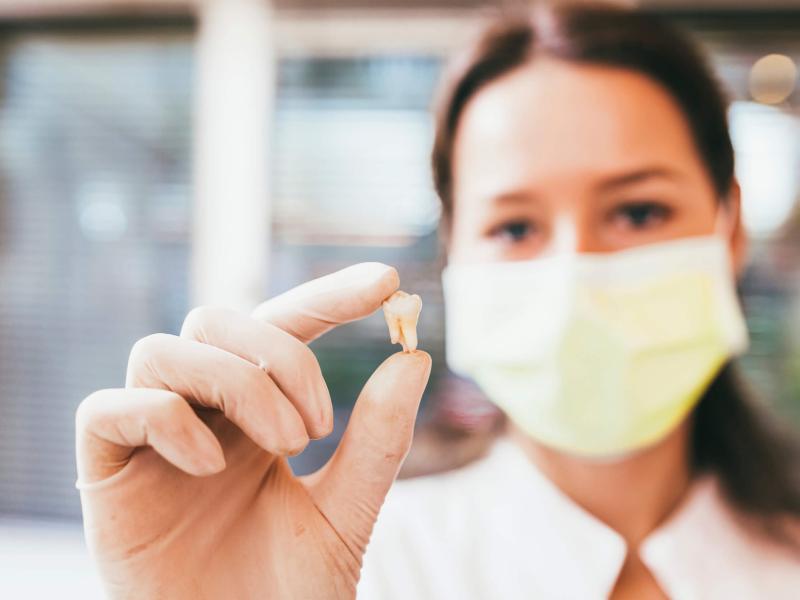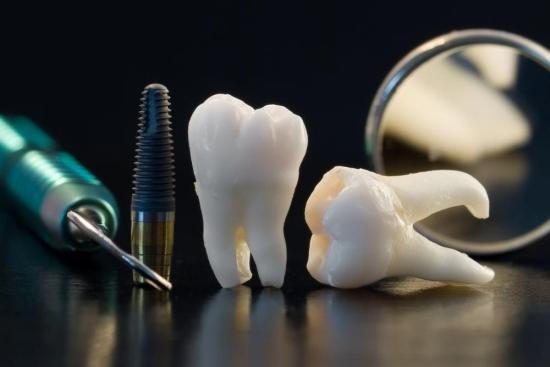Orthodontic problems in children
Some of the most common orthodontic problems develop in childhood.
In the first years of life, a child's palate is made up of bones that are still forming. It is during this delicate period that the structure of the mouth is defined.
What is dental malocclusion?
Prolonged use of the pacifier, which can last for hours, can influence the formation of the palate, which is under development.
If not corrected in time, dental malocclusion disorders can lead to more serious problems in adulthood such as gum inflammation, tooth decay, and periodontitis, and also to headaches, tinnitus, and back pain.
Dental malocclusion occurs when the alignment of the upper and lower teeth is not normal. It can be seen as a misalignment in the front and back or occasionally from side to side.
What causes dental malocclusion?
In many cases, the causes of dental malocclusion are genetic, therefore totally hereditary, and independent of a person's behavior.
But sometimes, in some patients, this pathology tends to develop as a result of bad habits or other pathologies.
Here are some examples:
- Bruxism, which is the tendency to clench the teeth at night.
- Permanent loss of one or more teeth.
- Severely chipped and unreconstructed teeth.
- Fracture of the jaw in childhood.
- Dental implants or other unsuccessful procedures leading to complications.
- Thumb-sucking habits or excessive use of pacifiers or bottles.
How can the pacifier interfere with proper palate development?
The persistent presence of the pacifier in the baby's mouth can affect :
- The width of the palate: the pacifier, inserted between the tongue and the palate, prevents the tongue from performing one of its main functions, namely to promote the enlargement of the upper dental arch by adapting it to the lower. The interposition of the pacifier between the tongue and the palate causes its contraction, preventing its natural development and causing a reduction in the surface of the upper arch.
- The upper arch: prolonged sucking of the pacifier can cause the upper arch to lengthen. When looking at the child in profile, the upper front teeth are more prominent than the lower ones.
- The development of a gap: when the mouth is closed, the front teeth remain spaced apart, leaving an opening into which the child can easily insert his tongue.
Treatment of dental malocclusion
It should be noted that the pacifier is an important ally in the development of the child, and there are no contraindications to its use from an orthodontic point of view.
If it is removed during the first 12 to 18 months, the aforementioned dental malocclusion disorders will likely normalize with growth. Once the pacifier is removed, its protective action between the tongue and the palate is lost. There is a natural backward movement of the teeth and a restoration of the physiological balance between the jaw bones and the muscles.
Problems arise if the baby does not move away from the pacifier by the age of 3 when, in most cases, the eruption of the baby's teeth is complete. In this case, it is necessary to consult a specialist in orthodontics who will formulate the most appropriate corrective therapy according to age and the problem.
Why is it important to correct dental malocclusion in childhood?
In addition to being an aesthetic defect, dental malocclusion can cause functional problems, especially in adults. If not corrected in time, a prolonged dental malocclusion can lead to a variety of disorders affecting general health.
The misalignment between the dental arches can indeed be the cause of pathologies such as tinnitus, headaches, neuralgia, back pain, and neck pain.
In the mouth and teeth, however, dental malocclusion can cause problems such as
- Difficulty chewing.
- Increased risk of cavities.
- Periodontitis and gum inflammation.

